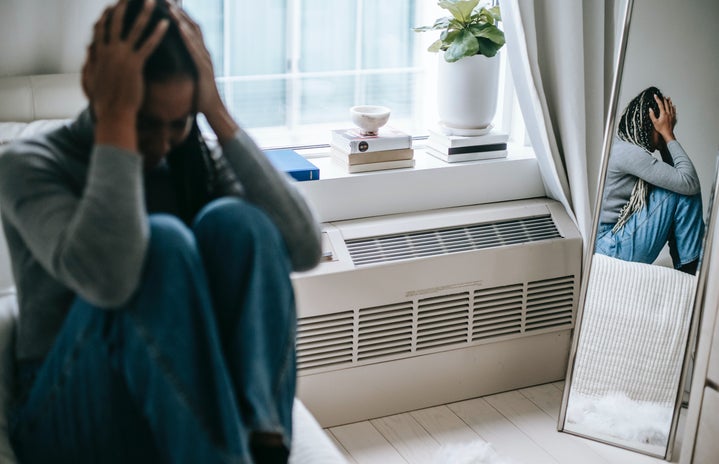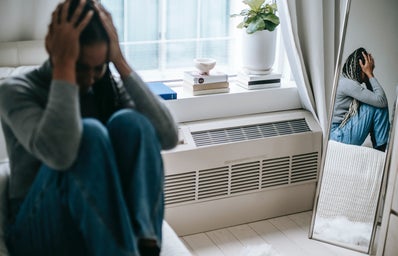What type of symptoms come to mind when you think of ADHD? Maybe you think of hyperactivity, flunking in school because of trouble focusing, or someone who’s loud and struggles to stay still. That’s definitely what I thought it looked like because these are the stereotypes I had always been presented with… until I was clinically diagnosed. I was confused at first: I had always been a shy and quiet kid in school, and I’ve been an A+ student for as long as I can remember. If I had ADHD, why wasn’t my experience matching up with what seemed to be the norm?
It turns out I wasn’t alone in feeling this way. According to a study published by the Physicians Postgraduate Press, ADHD often goes underdiagnosed and untreated in girls and women — but why? I spoke with Janet Ferone, president of Ferone Educational Counseling who is passionate about helping diverse and underrepresented students in schools — including those struggling with ADHD — to learn more.

A lack of research plays a big part
Though there are many factors, it begins with the way ADHD has historically been studied. “Most of the research focuses on males, with only 1 percent specifically focused on girls, so 99 percent of studies are male-based,” says Ferone. “Couple this with the different manifestations of ADHD, with boys showing more hyperactivity and girls more inattention and disorganization, the loud boy running around the classroom usually ends up getting the attention before the quiet girl lost in her thoughts at her desk.” While most of the symptoms stereotypically associated with ADHD are technically correct, the difference in how they manifest in boys and girls is significant, and leads to the struggles girls face often going by unnoticed.
However, this isn’t the only stereotype that contributes to the underdiagnosis of ADHD in women. Gender stereotypes also play a big role. Ferone says, “Girls are expected to sit quietly and excel at academic tasks, leading to the internalization of their symptoms and viewing said symptoms as character flaws, with parents and teachers lecturing them to ‘try harder’ instead of recognizing that they may need support and treatment for a medical issue.”
Related: I’ve Always Struggled to Talk to My Loved Ones About My Mental Health, But it’s Getting Better
This not only creates a misunderstanding of the disorder among many communities, but it also has a negative effect on the mental and emotional development of many women, as Ferone mentions: “Many parents and medical professionals still subscribe to the myth that only boys have ADHD. This can lead to low self-esteem, depression, and anxiety with many girls misdiagnosed and prescribed antidepressants or antianxiety drugs, which can actually worsen their symptoms.” The longer a person goes without proper diagnosis and treatment, the higher the chances are of developing social, relational and psychiatric problems that can follow them into their adult lives.

So, what do we do about this?
“Given the complex factors at play, both medical and educational personnel require extensive training in ADHD symptoms and treatment, with an eye toward equity in both gender and other racial and cultural groups to make sure everyone is receiving the necessary support and services to reach their true potential,” says Ferone.
I received my ADHD diagnosis when I was 21, and I’m so grateful for it. It helped me finally understand some of the internal struggles I had been facing for years, and it’s because of this that I’ve been able to start getting the proper help. But because of a late diagnosis, I and many other women have had to cope with unneeded stress, anxiety and depression as a result. This is why it’s so important for all of us to educate ourselves on how women are diagnosed and treated in the medical system, speak up, and start having more conversations with our friends, doctors, families, and online to place a much-needed spotlight on this issue.


